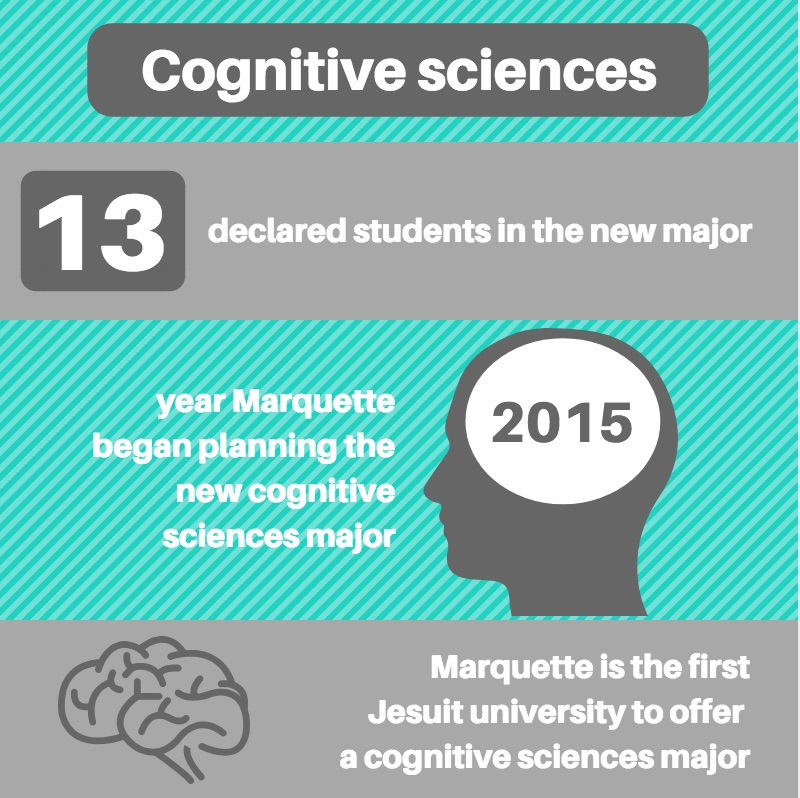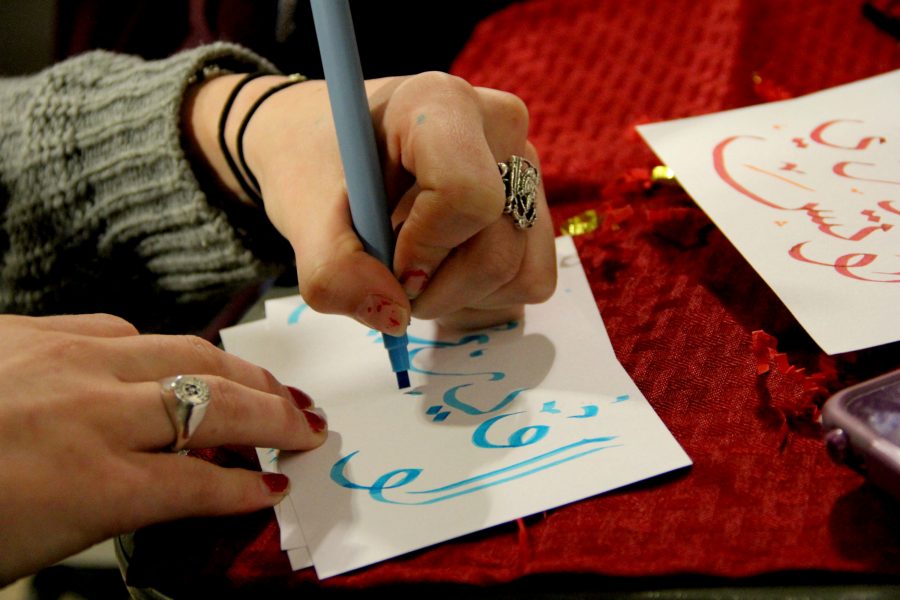The United States has no official language, but Americans certainly act like it’s English. In school all other languages are called “foreign,” but if America has no official language, then none can truly be labelled “foreign.” America is a nation of immigrants from every part of the globe — their stories, told in their languages, make up America’s story.
This marginalization of all other languages is especially salient in the American education system, including Marquette’s. Under the new core, only the Colleges of Arts & Sciences and Communication have language course requirements, along with a handful of language-based majors from other colleges. Removing a subject from the core sends the message that it’s not a subject important enough for all students to learn.
For those Marquette students who still have a language requirement, choices are limited. Students can major in French, German or Spanish or minor in Arabic, Chinese, Greek, Italian or Latin. According to Office of Institutional Research and Analysis data, there are only 97 undergraduates majoring in a living language at Marquette this semester. We have over 8,000 undergraduates. Yet the world is becoming increasingly globalized, which demands communication across languages more and more every day. That’s obviously a problem.
Within those meager major and minor options, there’s a dichotomy of “useful” and “useless” languages. I can’t tell you how many times people have told me it was stupid to major in French when Spanish is so much more “useful.” News flash: There is a world outside the western hemisphere. Also, the only reason Spanish or French might be considered “useful” is because centuries of colonialism weakened or wiped out indigenous languages.
But these critics never seem to realize the beauty of learning another language for the sake of learning it. They don’t recognize the complexity of word etymologies or the nuanced vocabulary mankind collaboratively creates or the reassuring simplicity that mom, maman, mama and mami are the English, French, Arabic and Spanish words for mother because babies everywhere develop the ability to say “m” sounds before any other, as the American Speech-Language-Hearing Association first published in 1972.
Languages are inherently important. It doesn’t matter how many people speak it or how much trade they do with the United States. Acting like English is superior simply because it has become the default language for international business is a privileged and close-minded point of view.
According to the nonprofit American Councils for International Education, only 20 percent of K-12 students in America studied a second language in 2017. Eurostat, part of the EU, reports Belgium has the lowest percentage of students studying a second language — at 64 percent. Eight European countries had 99 or 100 percent of primary education students learning a foreign language in 2016. Many of these students learn two or more foreign languages by the time they’re in high school.
The U.S. is the only country that disadvantages itself through arrogant monolingualism while the rest of the world learns multiple languages to both advance their careers and better themselves as people. Languages are windows into other cultures. By learning how people phrase things, we can learn about how they think and interact.
While I don’t ask everyone to be a wannabe polyglot like me, I do ask for respect on behalf of everyone imperialistic English affects: mistreated “foreign” language majors, immigrants who have to learn English in this country to have any hope of success, locals who deal with English-speaking tourists and all the people in former British colonies. Remember, that was us, too. America never has been and never should be a country of monolinguals. Languages are part of the ethnic diversity America should be cherishing.







Jennifer • Nov 8, 2018 at 12:21 pm
Well said, Emma! You miss out on so much if you don’t know another language. You can get so much more out of your travels if you can read ads, posters, headlines, street signs, graffiti…
I’m so thankful that my kids have had the opportunity to learn three languages at school and took advantage of that opportunity. Languages are always an asset – in any setting, any career.